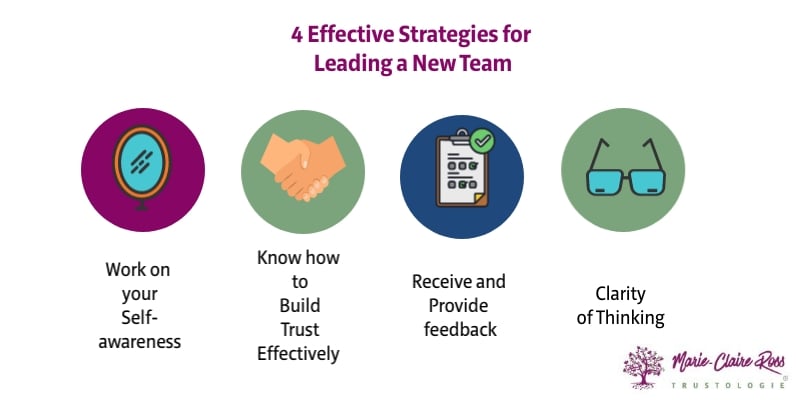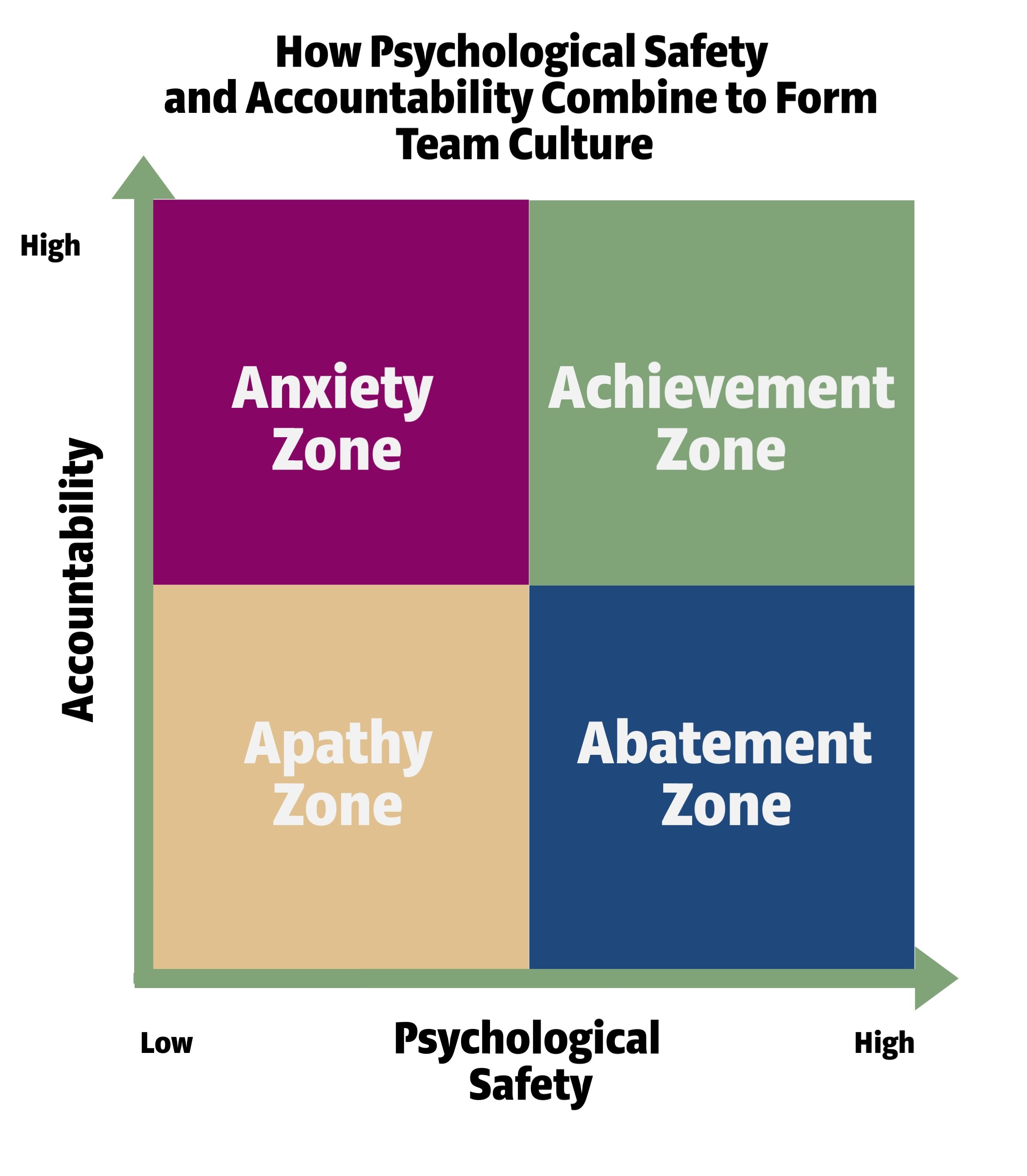
Lead with Confidence: 4 Effective Strategies for Leading a New Team
So you've just been elevated to the position of leading a brand new team - congratulations! No matter if this is your first time or you're a seasoned team leader, it's completely natural to feel a mix of excitement and apprehension as the weight of responsibility settles in.
And for good reason.
Unfortunately, it has been estimated by CEB 60% of all new managers fail within the first 24 months of their new position.
The main reason?
A lack of training on how to effectively manage people.
According to the Center for Creative Leadership, more than 25% of first-time managers, openly admitted that they felt unprepared to take on the responsibility of leading others. Shockingly, nearly 60% of individuals reported never receiving any form of training when they stepped into their initial leadership role.
While these research studies may make any new team leader feel a bit queasy, the truth is that you don't have to be a statistic.
As someone who regularly trains and coaches new team leaders to step confidently into their new role, there are four things that you need to learn to ensure you, and your team's, success.

1. Work on your Self-Awareness
Self-awareness has two parts to it - internal self-awareness and external self-awareness.
Internal self-awareness is about knowing who you are - your strengths and weaknesses. It involves being able to self-manage you emotions and your time. A self-aware person knows who they are, what they want to accomplish
External self-awareness involves understanding and recognising how others perceive us. It is about being attuned to the way we are viewed by those around us. It involves actively seeking out, and valuing, other people's perspectives.
Self-awareness is really about bridging the gap between how we see ourselves and how others see us. This requires being prepared to challenge your own views and seeking feedback on your blind spots.
An un-self-aware person doesn’t know who they are, what they stand for or how their teams see them. They unintentionally damage relationships and create distrust.
Self-awareness is a challenging learning journey. It takes time and you can't learn it in a one day leadership course.
2. Know how to build trust effectively
Trust is the cornerstone of business. It’s the basis of every human relationship, every interaction, every communication, every initiative, every work project and even any strategic imperative you need to accomplish.
Trust is essential. Without trust, there is no meaningful connection between people, it’s just meaningless co-ordination.
Leading a team means understanding that trust is two-way. It also means understanding that it doesn't happen on its own - you have to work on it.
The ultimate expression of trust is when it is shared or reciprocated.
In any workplace relationship, both parties are responsible for building trust. Yet, we speak about it in one-way terms such as "How can I get people to trust me so I can push through this initiative?" or "He doesn't get his work done on time, so I can't trust him."
The best form of trust we can aim for is when both parties openly work towards understanding each other's expectations, ways of working and a shared understanding of how to trust one another.
In any workplace, you have to build shared trust, through open dialogue with:
- Your direct reports - this starts with demonstrating that you care about them and you have their best interests at heart. High quality one-on-one's are important here where you discuss shared expectations, so that they get work done to standard. This can be done through empowering, open dialogue that discusses how they best like to work and yourself. The more your direct reports feel that you care about them, the more like they are to trust your decisions and abilities as a leader.
- Within your team - it's also important that your team members trust one another, as well. This means they know they can rely on each other to get work done to standard. The best way to do this is through effective meetings. Create a culture of learning and accountability.
- With your peers - other leaders will want you and your team to demonstrate that you can not only meet, but exceed organisation goals. You need to ensure you communicate openly about any issues, remove any roadblocks for your team and understand the goals of your colleagues.
- With your direct manager - they have promoted you to this position and they know you can do it. They just want to see that you can delegate effectively, motivate low performers and hit goals. Your boss will give you more leeway than your peers. However, it is still important to check in with them regularly and ask for feedback and help.
In the Tribe of Trusted Leaders Leadership Mastermind, managers learn how to run safe, connected one-on-one's and meetings that ensure people feel like they have a shared future together. Foundational to these interactions is learning how to delegate well and be accountable.
3. Receive and Provide Feedback
"The trick to viewing feedback as a gift is to be more worried about having blind spots than hearing about them.”James Clear
4. Clarity of Thinking
Effective communication is essential for reducing anxiety and eliminating ambiguity in the workplace. When communication is vague and assumes that others can read minds, it creates a sense of fear among employees.
Exceptional leaders understand the importance of clarity and spend time contemplating what truly matters for their organisation. This ensures that they are able to better communicate with those around them and make high-quality decisions.
This entails dedicating sufficient time to get really clear on your three most important priorities for the quarter, in alignment to the vision and values.
Your direct reports are looking to you to show them the future and that all their hard work will be worth it. When employees don’t understand why they need to follow a strategy and how it relates to them personally, they struggle to commit because it’s meaningless.
In the Tribe of Trusted Leaders Leadership Mastermind, managers learn how to gain clarity, as well as four different communication styles including how to convey the meaning of work to their employees.

